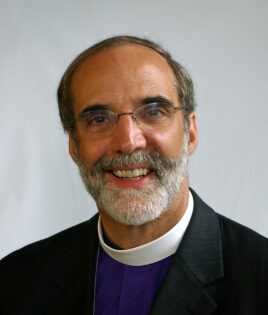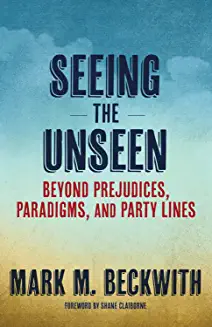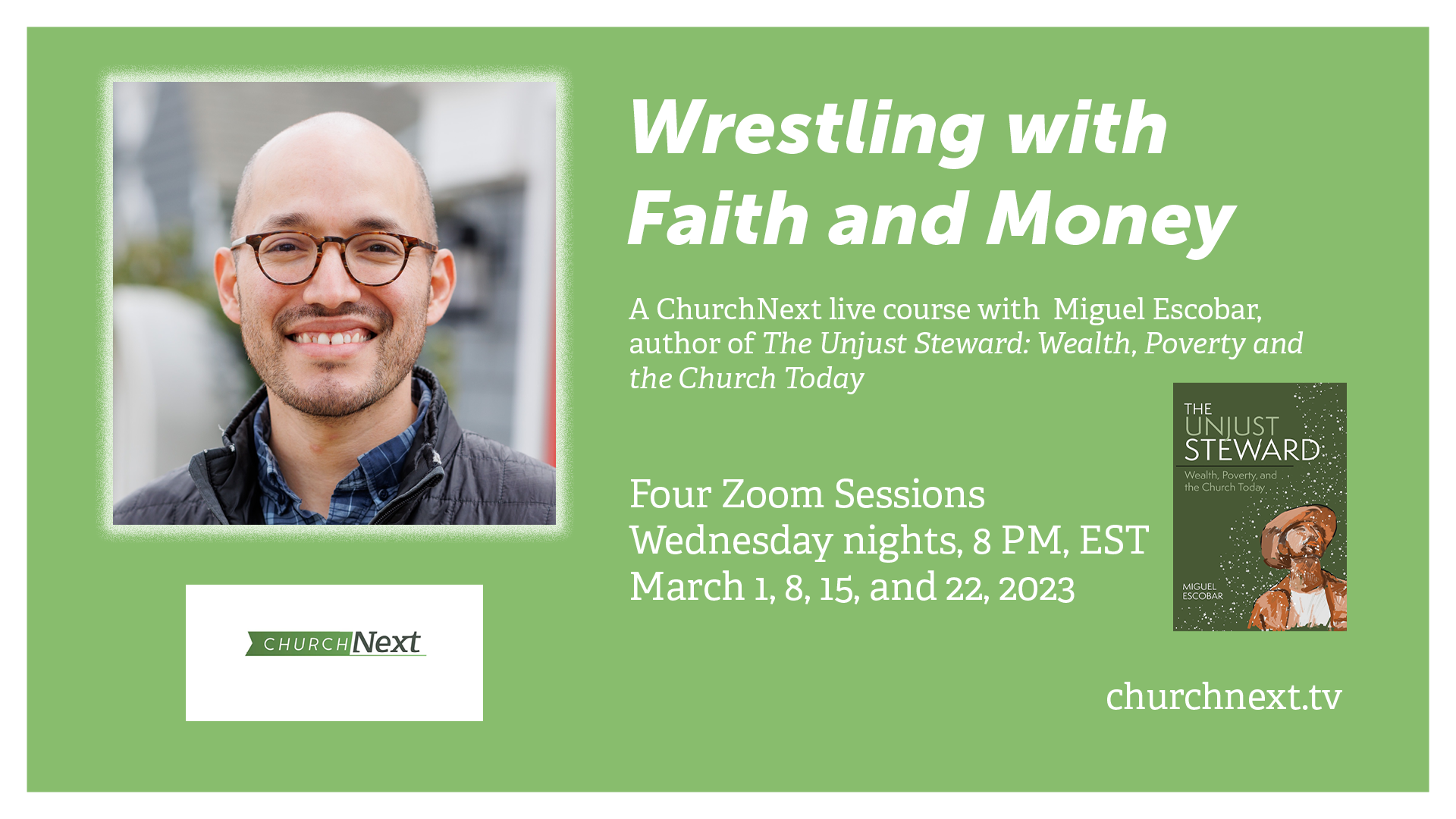He said to him,“‘You shall love the Lord your God with all your heart and with all your soul and with all your mind.’ This is the greatest and first commandment. And a second is like it: ‘You shall love your neighbor as yourself.’ On these two commandments hang all the Law and the Prophets” (Matthew 22: 37-40).

The Rt. Rev. Mark Beckwith.
We just launched Seeing the Unseen: Lessons in Civil Discourse with Mark Beckwith For Individuals and For Groups.
Because we experience the world through the lens of individual brains and bodies, we humans sometimes have trouble sometimes understanding that other people are real. We get it intellectually, of course, but we sometimes fall into treating others as side characters in the main story (ours). If we are not careful, we can see others as relevant only in terms of how they interact with us.
Jesus spends a lot of time in the gospels trying to correct this mistake. He consistently demonstrates through word and action that no human being is a side character to God. God sees us each as important, and despite the limitations of our perspective, it is our job to see one another as God sees us. Poor people, obnoxious people, prisoners, mentally ill people, our enemies — God sees each of us as a main character. “Love one another as I have loved you,” Jesus says (John 13:34-35). Jesus wants us to make an imaginative leap — to comprehend in our hearts as well as in our minds that each of us is fully human — and to interact accordingly.
 In this course, retired bishop, author, and activist Mark Beckwith talks about ways to interact people whose humanity we tend to overlook. In the first lesson, he discusses interacting with people at a soup kitchen near his work and what it meant to really see them as humans equal in wisdom and experience to him. In the second lesson, he examines what this approach looks like in the context of mission work. In the third lesson, he talks about creates space for civil, respectful discourse with people whose beliefs differ from our own. In the fourth lesson, he uses gun safety as an example of how the civil discourse he teaches can play out in the real world.
In this course, retired bishop, author, and activist Mark Beckwith talks about ways to interact people whose humanity we tend to overlook. In the first lesson, he discusses interacting with people at a soup kitchen near his work and what it meant to really see them as humans equal in wisdom and experience to him. In the second lesson, he examines what this approach looks like in the context of mission work. In the third lesson, he talks about creates space for civil, respectful discourse with people whose beliefs differ from our own. In the fourth lesson, he uses gun safety as an example of how the civil discourse he teaches can play out in the real world.
Mark’s course is based on his 2022 book Seeing the Unseen: Beyond Prejudices, Paradigms and Party Lines
This course is ideal for anyone interested in learning how to bridge the divisions the various forces in our world raise between us. For a preview, please click below.

